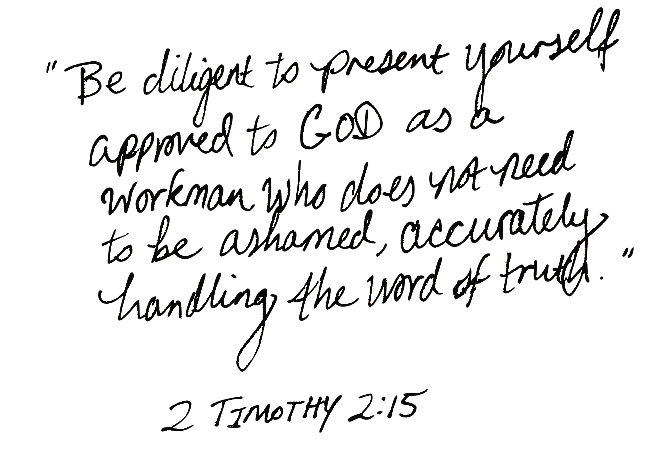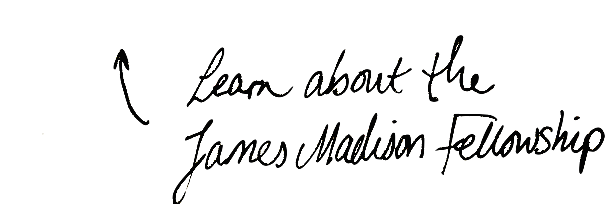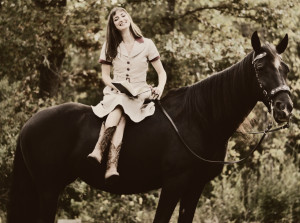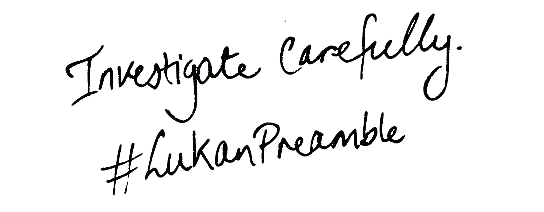My break from college thus far has been quite interesting. In the midst of keeping myself plenty busy with writing projects, some surprises hatched along the way.
On July 5th we put one of our Transylvania Naked Neck/Silkie cross hens in the clutch pen to set. She’s black with some brown in her feathering (Little Black Hen; no settled name for her yet), and our Transylvania Naked Neck/Silkie cross rooster has feathers of slate, reddish brown and gold coloring (I initially called him “Mosaic” because of his variegated feathering…but if he acts disagreeable, I call him “Pharaoh”).
The Little Black Hen seemed broody enough, and laid a new egg in the nest each day. In the past, we have put our Dominique hens in the clutch pen to set on a bunch of eggs taken from the coop, which would jump start the incubation process. But since I wanted to observe the actual genetic outcome of breeding our supposedly heterozygous-dominant Turken/Silkies, I let the Little Black Hen build up a clutch of purely her own eggs.
She acted differently compared to broody Dominique hens we’ve kept in the past, so I was worried she might not be ready to incubate eggs to term. Thus, I was rather surprised when we heard chirping from the nest.
The first result to hatch last week?
Pure white with shank feathers (like the father – a Silkie trait) and five toes on each foot (also a Silkie trait). But the naked neck gene is obvious. Its phenotype is one I expected to be possible, but I didn’t expect it to turn out in the first chick. Another chick that hatched is yellow with the usual four toes, but has black skin (Silkie trait) and less feathering (Turken trait) than the first chick. My sisters Abigail (14) and Mary (12) will post more information on their blog soon.
I later learned that some breeders work to create a Silkie/Turken hybrid breed called the “Showgirl” (maybe that explains what our neighbor and his friends were doing with Turkens and Silkies…I couldn’t figure it out at first). It takes many generations to get the right look. This chick would be a second generation result, because the parents were heterozygous-dominant Transylvania Naked Necks.
I want to know more about the usefulness of chickens with the Naked Neck trait (it’s great for hot weather, but otherwise just weird). I read that the trait is caused by higher levels of the protein BMP-12. Here is a snippet I found about the use of BMP-12 in helping tendon repair: http://www.ncbi.nlm.nih.gov/pubmed/11781024
As for my latest column at The Washington Times Communities…
One British writer at The Times dubbed him “Christianity’s new poster boy.” Who is this Oxford professor of mathematics who challenges Stephen Hawking’s assertions about God, and what does science have to do with politics?
I finally crafted a story from the interview I did with John Lennox in June.
Fixed Point Foundation featured it on their website, and gave a good summary of what my article is like.
Now I’ll offer responses to a few points brought up by commenters.
- “You can’t claim that atheism is fear of the light if you can’t produce valid evidence for the existence of gods.” – Jim, responding to Lennox’s antithetic one-liner directed at Hawking’s “afraid of the dark” quote.
What would be “valid evidence”? I find this video by Dennis Prager to be particularly thought-provoking:
One of my commenters (“sunburned”) said they’re not interested in watching any of Lennox’s debates if Lennox depends on the “Cosmological Principle”. Sunburned appears to be oversimplifying the whole debate. If you skip the following video to about 00:49, you will see good dialogue between Richard Dawkins and John Lennox regarding the anthropic principle and created gods:
[DEBATE] Deus, Um Delírio: O Debate – Richard Dawkins & John Lennox from Deus em Debate on Vimeo.
- “So then evolution is correct, right? Or is it that you do actually have a real philosophical implication for what the vast majority of Biology says?” – Info, responding to Lennox’s distinction between aspects of science which have philosophical implications and those which simply explain how natural things function.
- “And while we’re on the subject of biology, it’s important to note that Biology is itself not biological. Biology has no mouth or tongue and so says nothing. It is biologists who speak. And while it is true that most biologists believe in evolution, most of them do not study it. But I think that Lennox would agree that there are implications for what evolutionary biologists and paleontologists discover.” – David Carreon’s response to the above comment (he’s a medical student at Stanford University and happened to take the header photograph that I used in my article).
I cannot speak for Lennox on the topic of evolution, but I have heard him say that he believes in it so far as Darwin observed it. Lennox devoted an entire chapter to evolution in his book God’s Undertaker: Has Science Buried God?, in which he categorizes the different definitions of evolution and offers his criticism of some of them. Lennox also mentions how mathematics and information technology are becoming more and more a part of biology, which is fascinating reading.
Lennox also observed how interesting it is that Darwinian evolution has become a crucial aspect of some worldviews:
“In the contemporary scientific world we thus have the very unusual situation that one of science’s most influential theories, biological macroevolution, stands in such a close relationship to naturalistic philosophy that it can be deduced from it directly – that is, without even needing to consider any evidence, as the ancient arguments of Lucretius plainly show. This circumstance is extraordinary since it is very difficult to think of another scientific theory that is in a similar position.” (Page 98)
He quotes biologist Douglas Futuyma as saying,
“Together with Marx’s materialistic theory of history and society and Freud’s attribution of human behavior to influences over which we have little control, Darwin’s theory of evolution was a crucial plank in the platform of mechanism and materialism – of much of science, in short – that has been the stage of most Western thought.” (Page 87)
I just completed a biology class in college (which I thoroughly enjoyed), and I see an obvious distinction between the concept of natural selection and the concept of common descent with modification. Evolution is considered a fundamental principle of biology. On some levels, this is absolutely believable. Artificial selection (just look at my chicken genetics experiment) and natural selection are obvious.
But there is reason to be skeptical and practical about the limits of evolution. Some of us just aren’t willing to take the leap of faith necessary to extrapolate that everything evolved from a common, simple ancestor.
Yet anyway, biology isn’t ENTIRELY about evolution. Photosynthesis, mitosis, and other various things (particularly on the molecular level) explain how things work without necessitating homage to Darwinian theory.
~ Amanda



















I FULLY APPRECIATE YOUR EXPERIMENTAL WAY OF TAKING THINGS IN LIFE AND IT IS UNDOUBTEDLY QUITE INSPIRING TO ME THAT YOU EXAMINE AND EXPLORE LIFE AND ITS POSSIBLE FRONTIERS!
THIS IS MY GENERAL OVERVIEW OF YOURS WRITING-SKILLS AND MORE THAN THAT YOURS CHOICES OF SUBJECTS!
I WILL BE PENNING MY READER-RESPONSES ON EACH TOPIC THAT YOU CHOSE TO EXPRESS!
IT IS DULY EXPECTED THAT YOU SHOULD RESPOND TO THE COMMENTS OF YOURS FANS!
THANKS!
WITH LOVE,
M.JHA
SAMASTIPUR
INDIA.
What is so sad is that the liberal lemming voters will continue to vote for Warren, the CA. dunces that for decades now has made Ca. the worst state for business health, and for every pol who has ruined almost every large city in the NE and West and all of them have Dems in charge. Red States keep healthy, and Blue states keep getting worse. Whether it is Detroit, Mich, NYC, Phila, Balt., DC, LA, SF, the leftist social, eco. ed., policies have destroyed our heritage, history, and values plus our free enterprise system. Obama is just the cream of the withered crop..This article on Warren is just proof it this and she is just another Forward socialist type.
Amanda,
it is disconcerting, that after finding your refreshing youthful faith & hopefully conservative thought that you then give an impression of possible acceptance of evolution. ie
“But there is reason to be skeptical and practical about the limits of evolution. Some of us just aren’t willing to take the leap of faith necessary to extrapolate that everything evolved from a common, simple ancestor.”
when i read this it almost sounds as if you have taken that leap of faith & made the extrapolation…
please tell us one way or the other if you have.
ID & info tech is the bomb…. ck out salvomagDOTcom
Nice post. I used to be checking constantly this weblog and I’m impressed! Very useful info particularly the closing phase 🙂 I take care of such information a lot. I used to be seeking this particular information for a long time. Thank you and best of luck.
I have been examinating out a few of your stories and i must say pretty nice stuff. I will surely bookmark your blog.